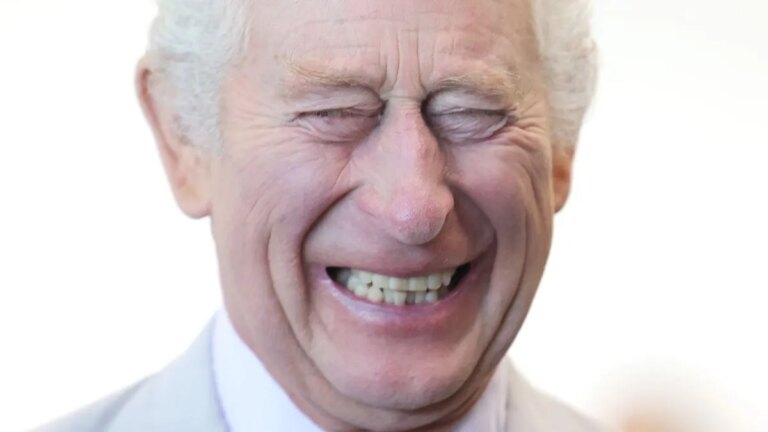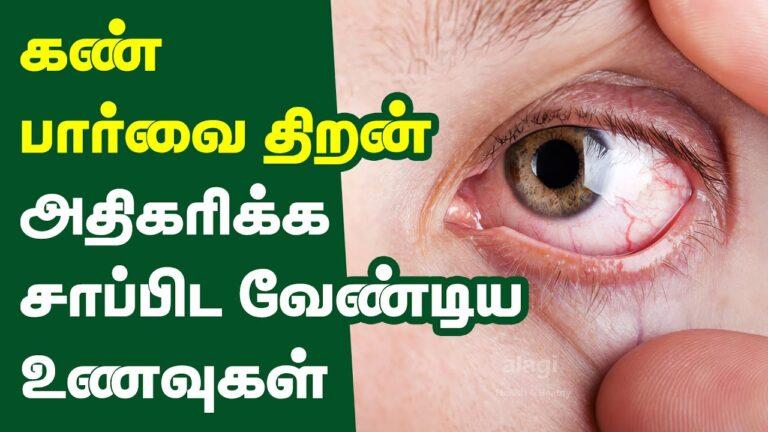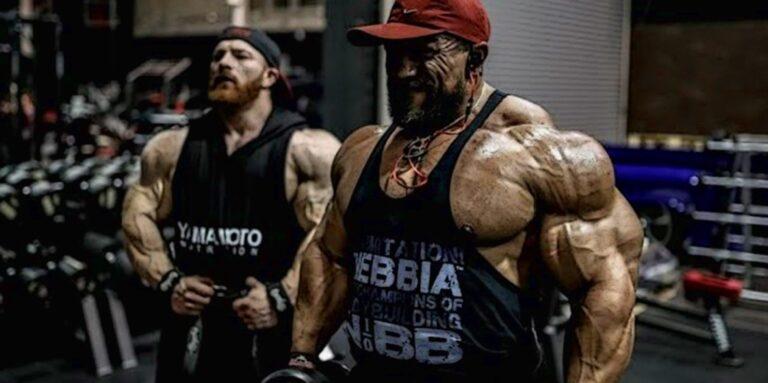Lucien Wiggins, 12, came to Tufts Children’s Hospital by ambulance June 7 with chest pains, dizziness and high levels of a protein in his blood that showed swelling of his heart. The signs had begun a day previously, the morning after his 2nd vaccination with the Pfizer-BioNTech mRNA shot.
For Dr. Sara Ross, chief of pediatric crucial care at the Boston medical facility, the event validated a doubt she ‘d been nursing: Was the country pressing its luck by immunizing kids against COVID at a time when the disease was fairly moderate in the young– and hesitation of vaccines was frighteningly high?
“I have actually practiced pediatric ICU for practically 15 years and I have never taken care of a single client with a vaccine-related problem previously,” Ross informed Kaiser Health News. “Our requirement for safety seems to be various for all the other vaccines we expose kids to.”
To be sure, cases of myocarditis like Lucien’s have actually been rare, and the reported negative effects, though in some cases major, typically resolve with pain relievers and sometimes, infusions of antibodies. And a COVID infection itself is even more likely than a vaccine to cause myocarditis, consisting of in younger people.
EXCLUSIVE INTERVIEW: 21-year-old NJ trainee suffered serious heart swelling after receiving second dosage of Moderna’s COVID vaccine. Justin Harrington, whose school needed him to get the vaccine …
SUBSCRIBE to #TheDefender: https://t.co/zL66Edfiw5!.?.!https://t.co/W9JxP3RMkp– Robert F. Kennedy Jr(@RobertKennedyJr)June 15, 2021 Lucien went home, on the mend, after 2 days on intravenous ibuprofen in extensive care. The majority of the 800 or so cases of heart issues amongst all ages reported to a federal vaccine safety database through May 31 followed a comparable course. Yet the
pattern of these cases– most happened in young males after the 2nd Pfizer or Moderna shot– suggested that the ailment was brought on by the vaccine, rather than being coincidental. At a time when the vaccination campaign is slowing, leading conservatives are openly spreading disinformation about vaccines, and scientists fear a possible rise in cases this fall or winter, negative effects in young people pose a conundrum for public health officials. On Friday, June 18 , the Centers for Disease Control and Prevention’s vaccine advisory committee is set to meet to talk about the possible link and whether
it benefits altering its suggestions for vaccinating teens with the Pfizer vaccine, which the Food and Drug Administration last month authorized for children 12 and older. A comparable permission for the Moderna vaccine is pending, and both business are conducting scientific trials that will test their vaccines on kids as young as 6 months old. At a conference recently of an FDA advisory committee, vaccine specialists suggested that the agency require the pharmaceutical business to hold larger and longer scientific trials for the younger age. A few stated FDA ought to hold back on licensing vaccination of younger kids for up to a year or two. Make a Recurring Donation to Enter Father’s Day Tribute Drawing Remarkably, Lucien and his mom, Beth Clarke, of Rochester, New Hampshire, disagreed. Her kid’s reaction was”odd,”she said, but”I ‘d rather him get a negative effects [that physicians] can assist with than get COVID and potentially die. And he feels that method, which is more crucial. He believes all his pals need to get it.”Data regarding COVID’s impact on the young is somewhat messy, however
a minimum of 300 COVID-related deaths and countless hospitalizations have been reported in children under 18, that makes COVID’s toll as large or bigger than any childhood illness for which a vaccine is currently readily available. The American Academy of Pediatrics wants kids to receive the vaccine, presuming tests reveal it is safe.
But healthy people under 18 have typically not suffered significant COVID impacts, and the number of
major cases among the young has toppled as more adults end up being vaccinated. Unlike other pathogens, such as influenza, children are typically not infecting older, vulnerable grownups. Under these situations, said Dr. Cody Meissner– who as chief of pediatric contagious diseases at Tufts consulted on Lucien’s case– the benefits of COVID vaccination at this point might not outweigh the risks for kids.”We all want a pediatric vaccine, however I’m concerned about the security problem,”Meissner informed fellow advisory commission members recently. An Israeli research study found a 5-to 25-fold boost in the heart disorder amongst males ages 16-24 who were vaccinated with the Pfizer shot. Many recovered within a few weeks. Two deaths happened in immunized males that do not appear to have actually been linked to the vaccine. Youths might experience long-term effects from the believed vaccine adverse effects such as scarring,
irregular heart beat or even early heart failure, Meissner stated, so it makes good sense to wait up until the gravity of the problem becomes clearer.” Could the illness come back this fall? Sure. However the probability I believe is quite low. And our very first required is do no damage, “he stated.
Ross said the most significant pandemic dangers to kids that her ICU has seen are drug overdoses and mental disorder brought on by the shutdown of normal life.” Young kids are not the vectors of illness, nor are they driving the spread of the epidemic
,”Ross said. While ultimately everyone must be vaccinated versus COVID, usage of the vaccines must not be expanded to children without substantial security data, she stated. The government could license childhood vaccination versus COVID without advising it immediately, kept in mind Dr. Eric Rubin, an advisory committee member who is editor-in-chief of the New England Journal of Medicine.”In September, when kids are back in school, individuals are inside your home, and the vaccinationrates are very low in specific parts of the nation, who knows what things are going to look like? We may want this vaccine.”Moderna and Pfizer this summer season started evaluating their vaccines in younger kids. A Pfizer spokesperson said the company anticipates to offer about 2,250 kids ages 6 months-11 years vaccine as part of its trial; Moderna stated it would vaccinate about 3,500 kids in the 2-11 age variety.
Some members of the FDA advisory committee proposed that up to 10,000 kids be consisted of in each trial. Marion Gruber, leader of the FDA’s vaccine regulatory
workplace, pointed out that even trials that large wouldn’t necessarily detect a side effect as unusual as myocarditis seems to be. At some time, federal regulators and the general public should choose just how much threat they want to accept from vaccines versus the threat of a COVID virus that continues to spread out and mutate all over the world, stated Dr. Paul Offit, director of the Vaccine Education Center at Children’s Hospital of Philadelphia. “We’re going to need an extremely
immunized population for many years or possibly years,”Offit stated at the conference.”It seems difficult to picture that we won’t have to vaccinate children moving forward.”Ross argued that it makes more sense to selectively vaccinate children who are most at-risk for serious COVID illness, such as those who are obese or have diabetes. Yet even to raise questions about the vaccination program can be a freighted choice, she stated. While authorities have a responsibility to
speak frankly about the security of vaccines, there is likewise a responsibility not to frighten the public in such a way that discourages them from looking for defense. A 10-day time out in the Johnson & Johnson vaccination project in April, while authorities investigated a link to an occasionally fatal blood-clotting disorder,
resulted in a significant decline in public confidence in that vaccine, although as of late May authorities had detected just 28 cases among 8.7 million U.S. receivers of the vaccine. Since of the declining hunger for the Johnson & Johnson vaccine, countless doses are in threat of passing their use-by date in fridges around the nation. Focusing too much attention on possible damages from the Pfizer and Moderna vaccines for children might have a tragic outcome, stated Dr. Saad Omer, director of the Yale Institute for Global Health and an expert on vaccine hesitancy. “Very soon we might be in a scenario where we actually need to vaccinate this population, however it will be far too late since you’ve currently offered the message that we should not be doing it,”he said. Ultimately, possibly next year, K-12 mandates might be required, stated Dr. Sean O’Leary, a teacher of pediatric transmittable diseases at the University of Colorado.”There’s so much false information and propaganda dispersing that people are reticent to go there, to even more poke the hornet’s nest,”he said. But once there is robust security data for kids,”when you consider it, there’s no ethical or rational reason that you would not. ” Initially published by Kaiser Health News. The post Chief of Pediatric Critical Care:’Never Taken Care of a Single Patient With a Vaccine-Related Complication Until Now’ appeared first on Children’s Health Defense. This content was initially published here.
EXCLUSIVE INTERVIEW: 21-year-old NJ student suffered extreme heart inflammation after receiving second dosage of Moderna’s COVID vaccine. A comparable authorization for the Moderna vaccine is pending, and both business are conducting medical trials that will test their vaccines on children as young as 6 months old. While ultimately everyone should be vaccinated against COVID, use of the vaccines must not be expanded to kids without extensive security information, she stated. At some point, federal regulators and the public should choose how much danger they are willing to accept from vaccines versus the danger of a COVID virus that continues to alter and spread out around the world, stated Dr. Paul Offit, director of the Vaccine Education Center at Children’s Hospital of Philadelphia. Focusing too much attention on potential harms from the Pfizer and Moderna vaccines for kids could have a terrible outcome, said Dr. Saad Omer, director of the Yale Institute for Global Health and a specialist on vaccine hesitancy.




















